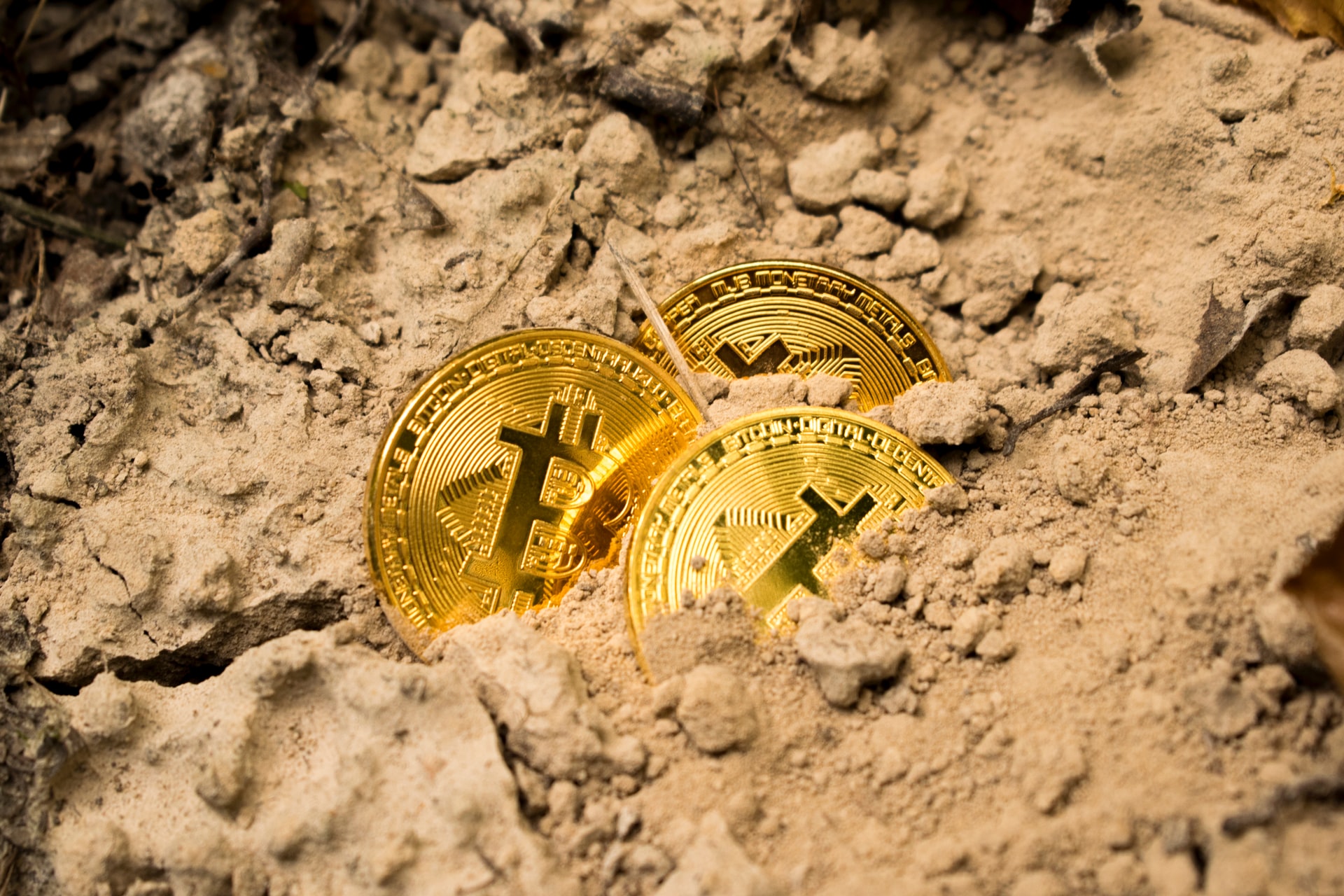
“The question is when this will happen, how it will happen and how it will be regulated. Now both the Central Bank and the government are actively engaged in this,” said trade minister Denis Manturov.
Russia will legalize crypto payments “sooner or later” according to the Ministry of Industry and Trade of the Russian Federation, Denis Manturov.
The country’s government has been exploring various crypto adoption plays throughout 2022, but is yet to finalize any concrete policy concerning digital asset payments. However, its legalization has been recommended by Russia’s finance ministry via its “On Digital Currency” bill from April.
According to a translation of a May 19 report from local media outlet TASS, Manturov was questioned at the New Horizon educational forum this week on whether legalized crypto payments were in the works.
“I think so. The question is when this will happen, how it will happen and how it will be regulated. Now both the Central Bank and the government are actively engaged in this. But everyone is inclined to understand that this is a trend of the time, and sooner or later in one format or another, it will be carried out.”
“But, once again, it must be legal, correct, in accordance with the rules that will be formulated,” he added.
The Central Bank of Russia (CBR) and the Ministry of Finance have up until recently held entirely opposing views on crypto regulation, with the central bank looking for an outright ban while the ministry sought regulation for taxation.
As recently as January the CBR had proposed a blanket ban on local crypto trading and mining due to the potential “financial stability risks” associated with the sector.
Related: Russian government official calls to legalize mining ‘as soon as possible’
However, following the on-going invasion of Ukraine, CBR admitted last month to taking too much of an aggressive stance towards crypto which may have stifled the growth of the sector.
The bank’s governor, Elvira Nabiullina, noted the numerous economic sanctions placed on the country were a key driver in changing its anti-crypto sentiments, as it now looks to get the local digital asset market into a “working state.”










